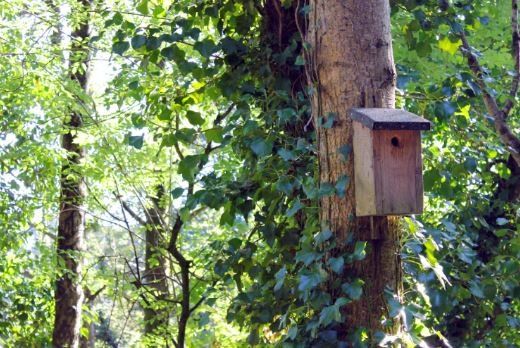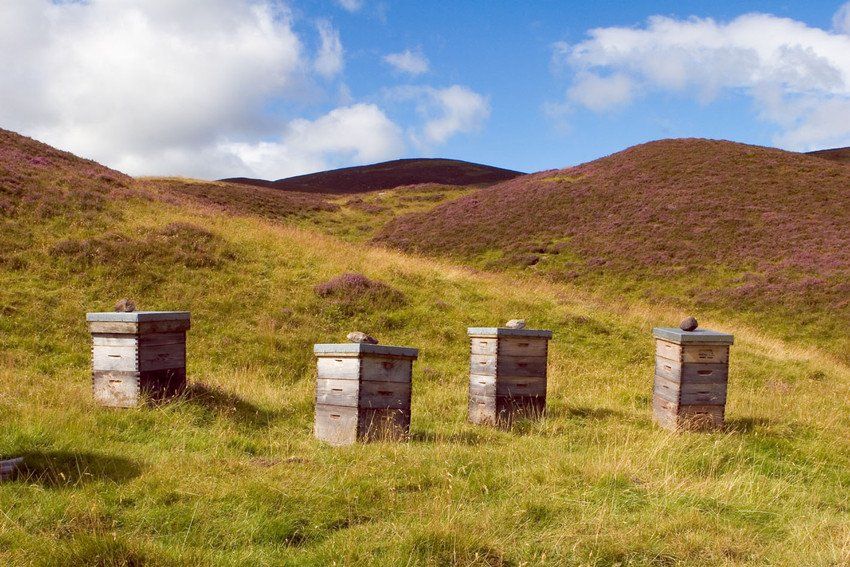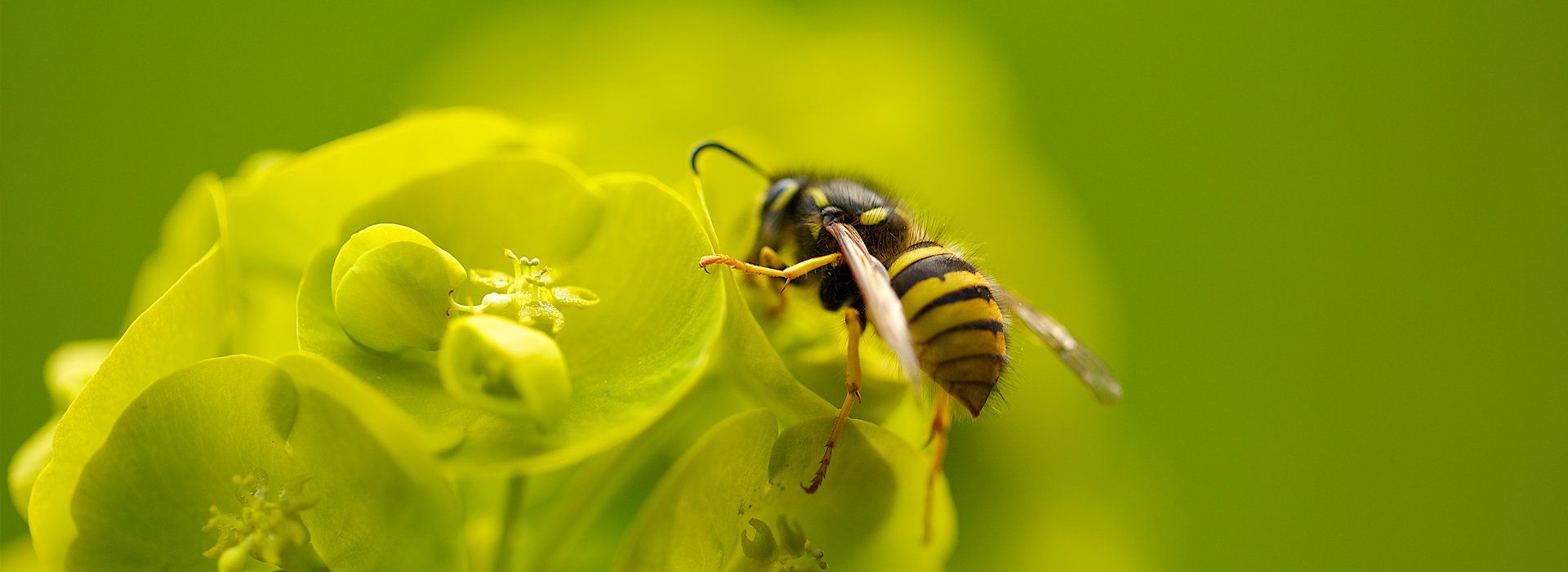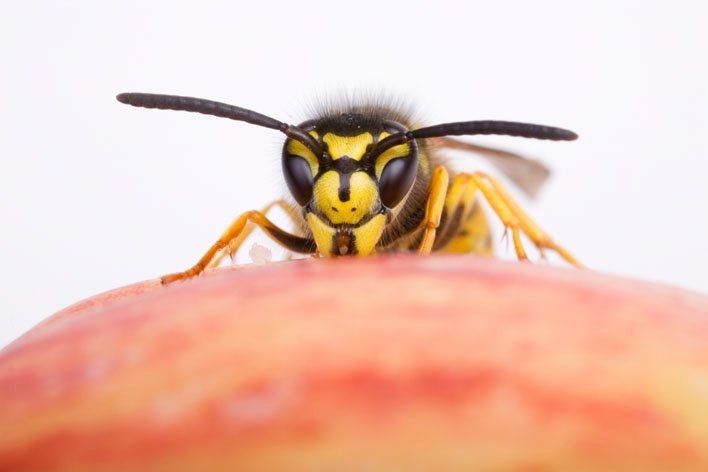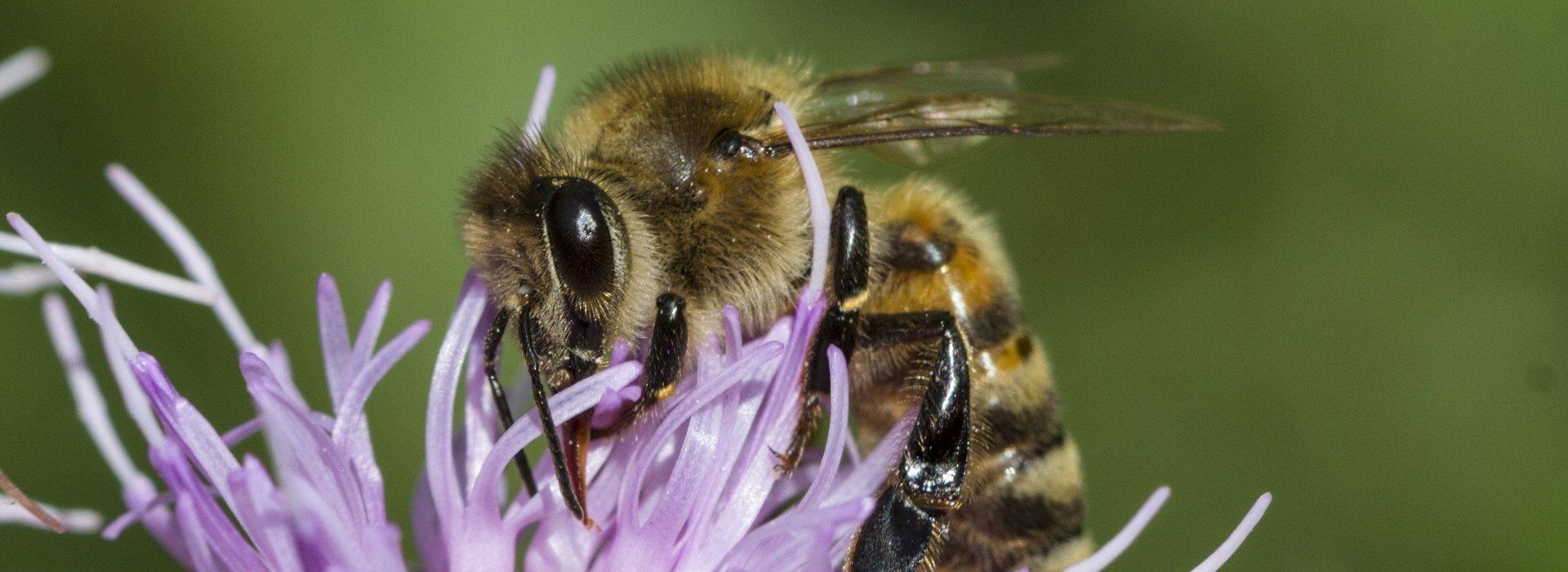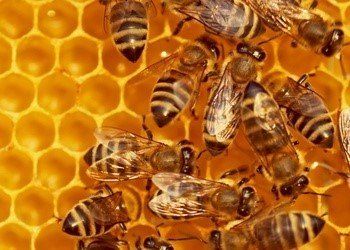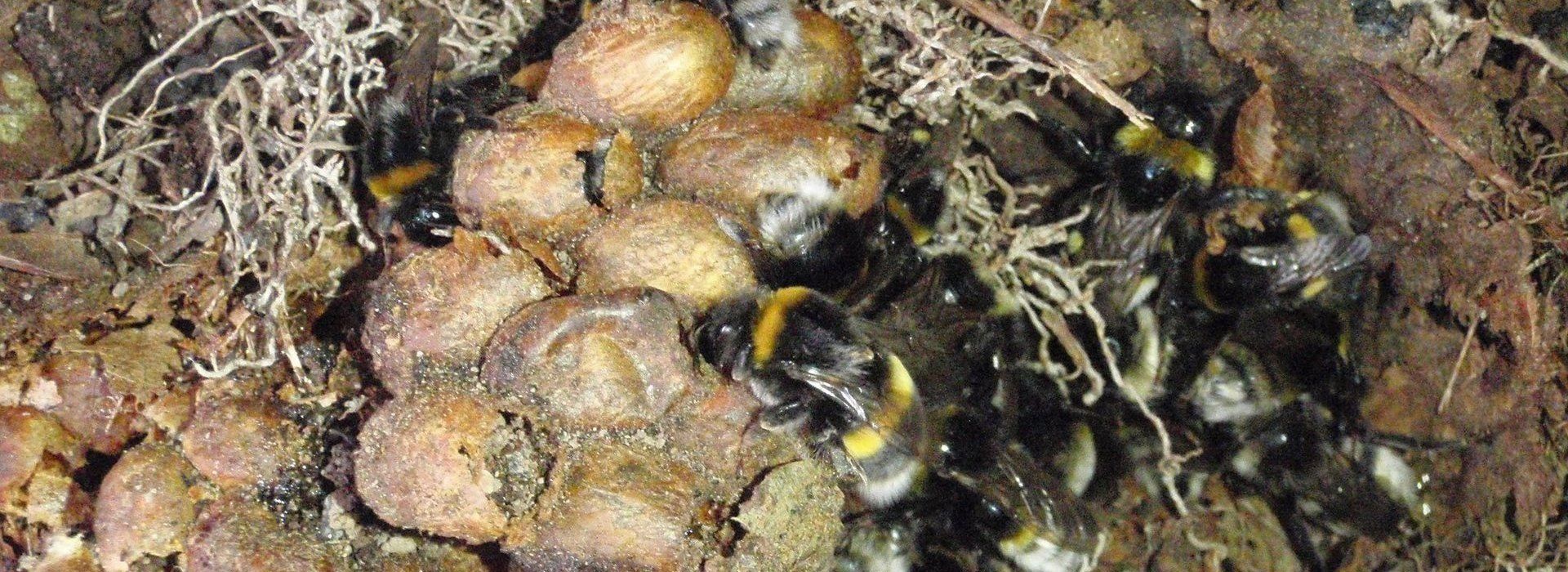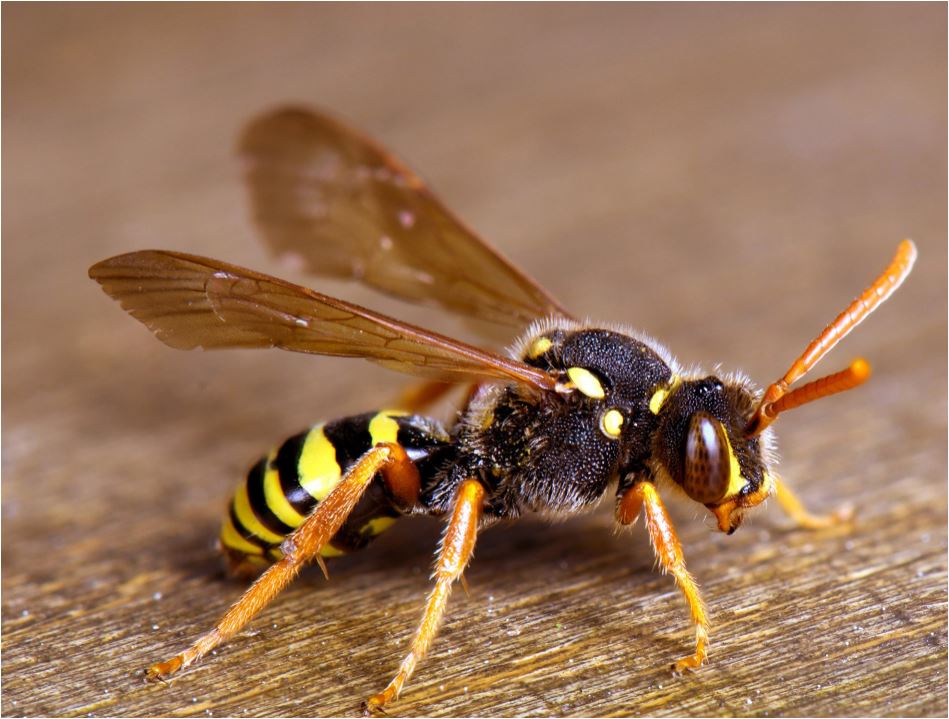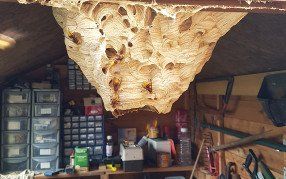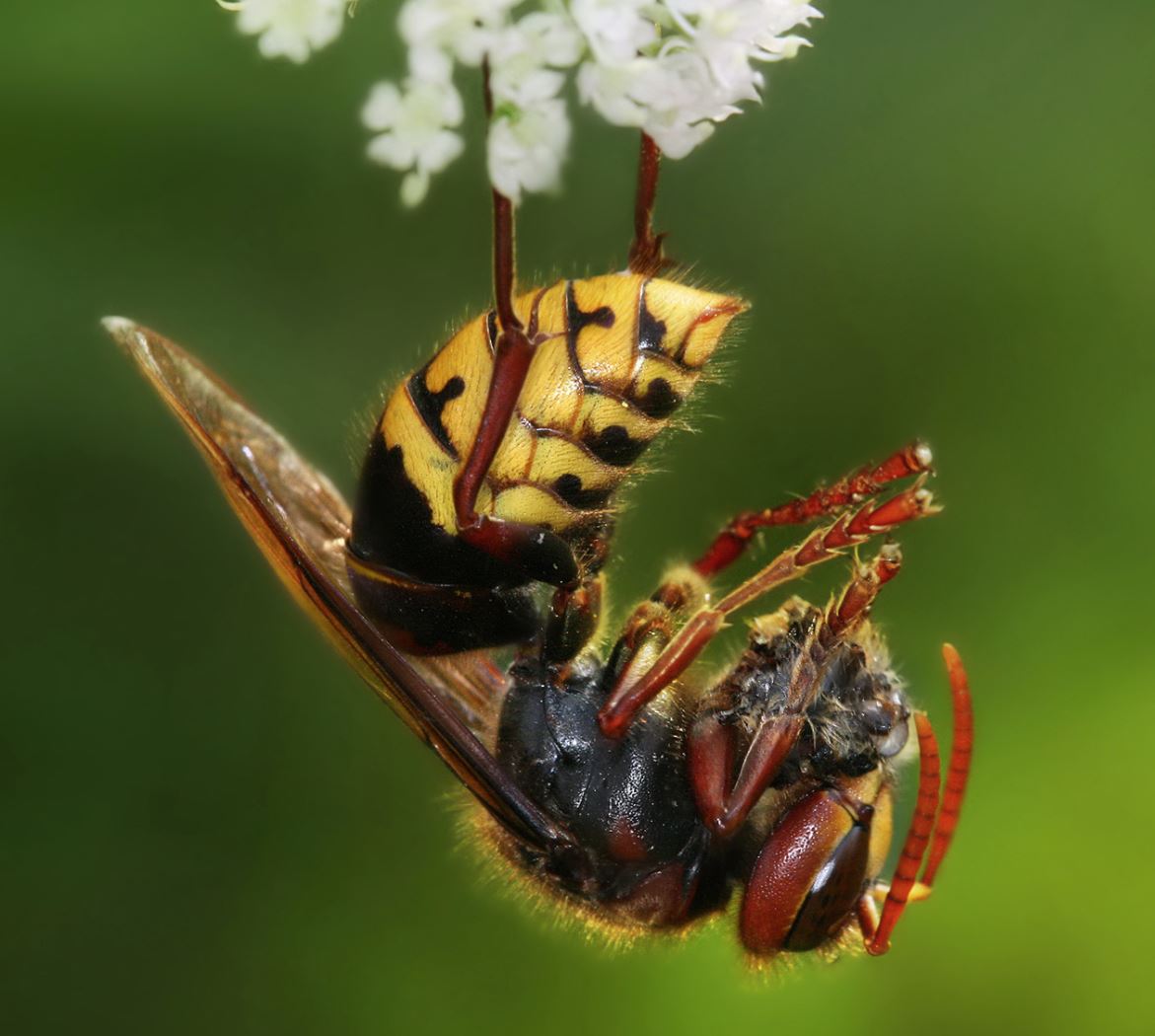How to Help Wildlife Survive Through Winter
As the warm weather begins to fade away and soft grass is replaced with crunchy leaves, many species of wildlife start the process of hibernation. However, this doesn’t mean that your garden won't be home to small animals looking to survive the winter or looking for the perfect spot to snuggle up throughout the cold weather.
So, what can you do to help wildlife survive winter? Read on for our top tips concerning some common garden friends.
Bird boxes and hedgehog homes really come in to good use during autumn and winter, however, undisturbed areas of your garden can work just as well. Hedgehogs, frogs and other small animals will use these places as a cosy shelter where they can hibernate safely. You can encourage these creatures by creating leaf piles and cleaning out bird boxes so they’re ready for a new nests. You should also be careful when turning over compost as many small creatures will choose this area as their winter home.
Get feeding
Animals that survive on natural foods such as berries, insects and worms will find it difficult when it comes to winter, however, you can help by laying out a small selection of food - even just a small amount can help creatures survive the season. Firstly, keep bird feeders topped up with a range of nuts, fallen fruit and seeds - this will become their main food source when insects and grubs dry up. Secondly, leave out canned dog and cat food for hedgehogs as well as mealworms and fruit for badgers. Lastly, remember to replenish whatever you leave out!
Tend to your pond
With many water sources such as rivers and ponds freezing over, this can leave many forms of wildlife without anything to drink or bathe in over winter. To combat this, if you have a pond then make sure it doesn’t freeze over by placing a pan or bowl of hot water over the pond to melt the ice. But, do not pour hot water directly into the pond or hit the ice as this can harm any wildlife living inside. You should also keep bird baths full and leave bowls of water out for other small ground creatures.
During colder weather, bees can dig holes in the ground and rest there until the weather begins to warm up again. Although these nests usually don’t cause any harm, you may find yourself in danger if you accidentally disturb one. Here at Mr Wasp , based in South Wales, we’re the experts in bee, wasp and hornet removal, so don’t hesitate to get in touch and talk to us about your concerns today.


